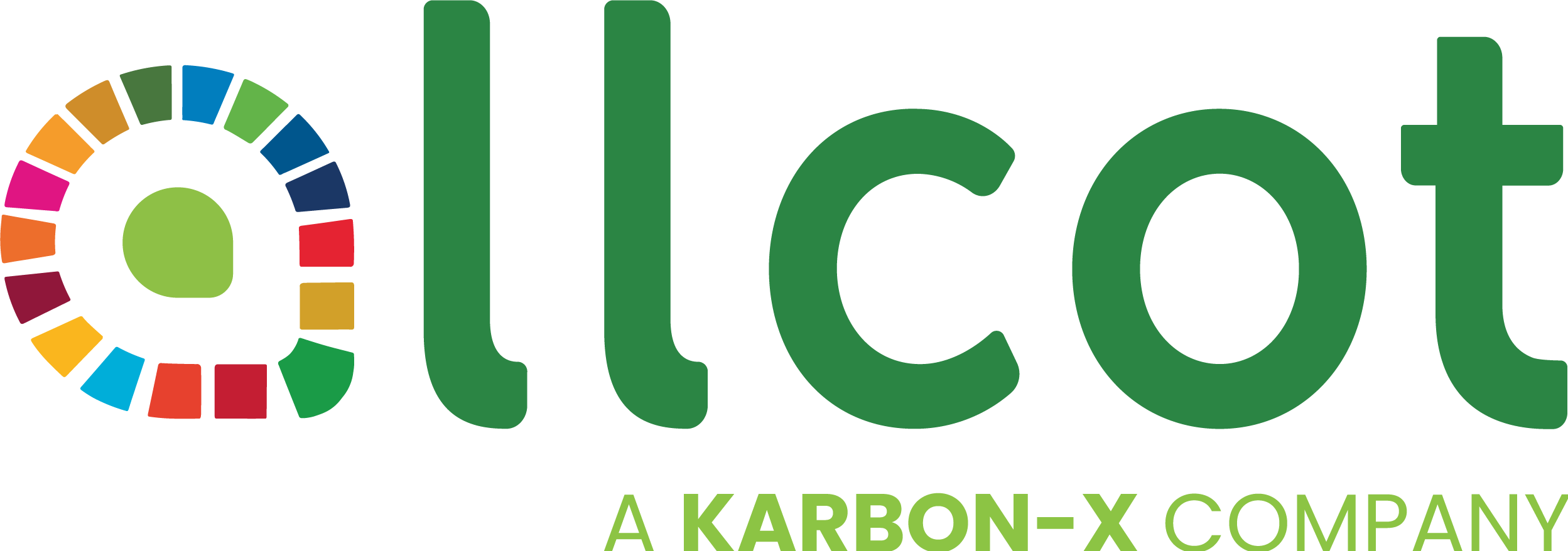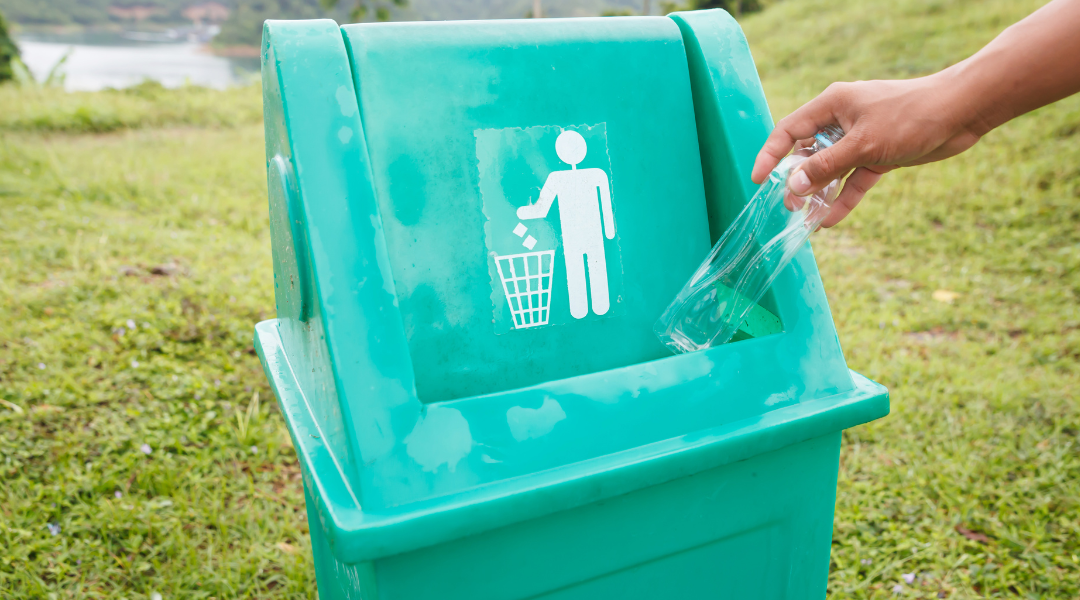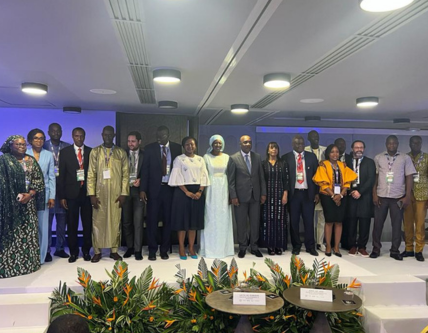Organizations can now submit plastic recycling projects for the generation of circular plastic credits to help fund their initiatives.
The methodology, developed by ALLCOT, Basura Cero Global and Cercarbono, allows organizations to generate tradable credits in the market.
Overview on plastic recycling and consumption
One million plastic bottles are bought every minute and 500 billion bags are used every year, according to the UN.
400 million tons of plastic are produced annually of which 79% ends up in landfills or in aquatic and terrestrial ecosystems, while only 9% is recycled and 12% is incinerated, generating a global environmental crisis.
Is it possible to reduce plastic pollution?
According to a United Nations Environment Program’ report (UNEP), “plastic pollution could be reduced by 80 % by 2040 if countries and companies make profound changes to their policies and markets using existing technologies”. This methodology proposes the option of recycling to achieve this reduction of plastics.
The report adds that “it is possible to reduce plastic pollution by 20% by 2040 if recycling becomes a more stable and profitable business. Eliminating fossil fuel subsidies, implementing guidelines to improve recyclability, and applying other measures would increase the share of economically recyclable plastics from 21% to 50%”.
Plastic Recycling
With the Circular Economy Methodology for Encouraging Plastic Recycling, developed by ALLCOT, Cercarbono and Basura Cero Global, developers of Circular Economy Materials Programs or Projects (PMEC) will be able to quantify and issue Circular Plastic Credits (CPC).
The main objective of this methodology is to increase and strengthen plastic recycling projects, encouraging the projects formalization and improving the achievement of the Sustainable Development Goals (SDGs), considering that actions to end plastic pollution, such as recycling, are intrinsically related to social, environmental, and economic issues.
Plastic Recycling’s benefits for the communities
This methodology seeks to improve the rules of the game for the recycling industry and the collection of plastics from the environment and, more importantly, to improve the quality of life of the communities involved in this sector.
At the same time, decision-makers and civil society will have more accurate, traceable and verifiable information, providing opportunities to remove more plastic waste from the environment and dignify the jobs of millions of people.
Circular economy initiatives
Holders wishing to register their circular economy initiatives for obtaining circular plastic credits can contact ALLCOT for the development of the PMECs, at http://www.cercarbono.com they will find the necessary templates for their development and implementation and at www.ecoregistry.io/ they can register the initiatives.
With this new methodology, in addition to contributing to the fight against global pollution, organizations will be able to diversify their sources of income and reduce their production costs.
According to the UNEP report “overall, the shift to a circular economy would save US$1.27 trillion, taking into account recycling costs and revenues. Similarly, US$ 3.25 trillion would be saved in avoided externalities in areas such as public health, climate, air pollution, degradation of marine ecosystems and litigation-related costs. This shift to a circular economy would also create an additional 700,000 jobs by 2040, mostly in low-income countries, while significantly improving the livelihoods of millions of informal sector workers”.






